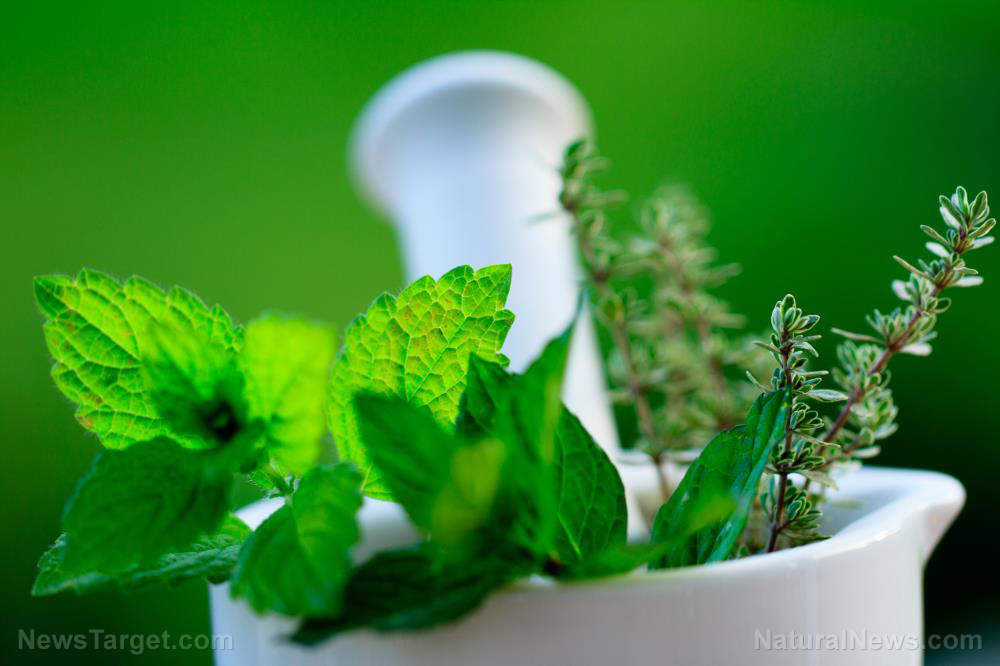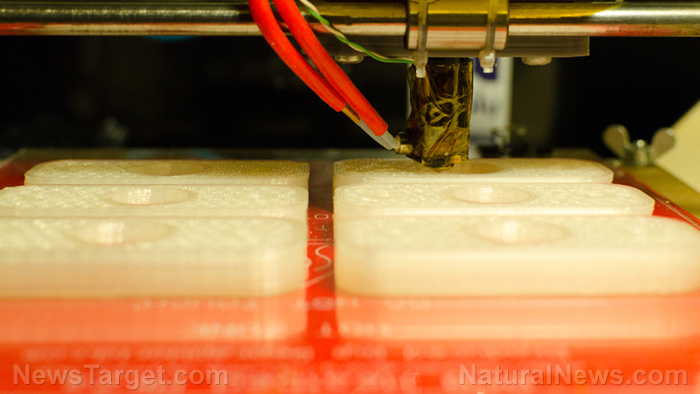The science speaks for itself: Artificial sweeteners trigger glucose intolerance
12/04/2018 / By Cassie B.

Sugar is unquestionably bad for you, with study after study linking it to a growing list of health problems. When you’re craving something sweet, you might believe that choosing food that uses artificial sweeteners is the healthier choice. Unfortunately, you’re not doing yourself any favors if you opt for alternatives like aspartame or sucralose. In fact, they’ve been shown to cause glucose intolerance and damage your health.
It’s ironic, then, that many people who turn to artificial sweeteners are doing so because they’re concerned about the obesity and type 2 diabetes that sugar can cause. One person who once believed artificial sweeteners were a healthier alternative was cardiologist Dr. Krumholz Harlan. After carrying out a meta-analysis of randomized controlled trials, however, he quickly changed his tune upon seeing the strong link between artificial sweeteners and increased BMI and cardio-metabolic risks.
Researchers from Israel’s Weizmann Institute of Science have shown that whether you opt for saccharin, sucralose, or aspartame, you could be setting yourself up for glucose intolerance as they alter the function and composition of gut bacteria.
After feeding mice these three artificial sweeteners for 11 weeks, they noted significant gut bacteria alterations that made them intolerant to glucose. This was the case even though some consumed a regular diet and others ate a high-fat diet.
They decided to test out their findings in humans. First, they looked at data from a clinical nutrition study involving nearly 400 Israelis. They discovered a correlation between the clinical signs of metabolic disorder, like gaining weight or declining glucose metabolism efficiency, and the consumption of artificial sweeteners. However, they conceded that people who are gaining weight may be more likely to choose diet food that contains artificial sweeteners, and they wanted to be sure there truly was a cause and effect relationship occurring.
Therefore, they found seven slim, healthy people who avoid artificial sweeteners and then had them start consuming them. After just a week, four of the participants had become glucose intolerant, and the balance in their gut microbiomes had changed in a way that made them more susceptible to metabolic diseases. Three of them, however, appeared to resist the effects of saccharin, which the researchers believe is a reminder that everyone is different and personalized nutrition is important.
Artificial sweeteners also linked to cancer
The dangers of aspartame were the subject of a recent piece by Sayer Ji of GreenMedInfo. One of the biggest dangers he cites is how aspartame and other sweeteners disrupt the body’s normal release of hormones such as insulin while also stimulating the release of neurochemicals that can cause overeating and other addictive behavior. He points to a 2012 study in Appetite that found aspartame and saccharin were responsible for causing greater weight gain in rats than sucrose at similar overall caloric intake levels.
As if that weren’t enough to send you running in the opposite direction from these chemicals, there was also a 2006 study that showed aspartame can cause malignancies like leukemia and lymphoma in rodents, prompting researchers to conclude that doses far lower than the current acceptable daily intakes in the U.S. and Europe are potentially carcinogenic. A follow-up to that study a year later supported the carcinogenicity of aspartame, adding that fetal exposure increased its carcinogenic effects in later life.
The bottom line is that artificial sweeteners are unnatural and have no place in the human body. You can’t expect your body to respond positively to the introduction of chemicals that were never intended for human consumption. If you’re craving something sweet, don’t try to “trick” your system; either eat some fruit or use a small amount of something natural, like honey or maple syrup, to sweeten your food.
Read FightObesity.news for more coverage of the health problems with artificial sweeteners.
Sources for this article include:
Submit a correction >>
Tagged Under:
addiction, artificial sweeteners, aspartame, cancer, fight obesity, insulin, sucralose, sweeteners, toxic ingredients, Type 2 Diabetes
This article may contain statements that reflect the opinion of the author
RECENT NEWS & ARTICLES
COPYRIGHT © 2017 DIABETES SCIENCE NEWS





















